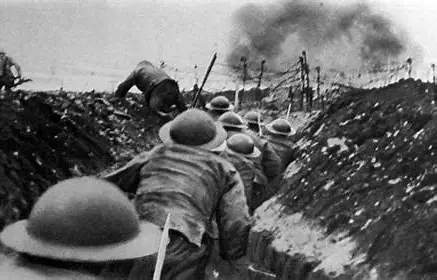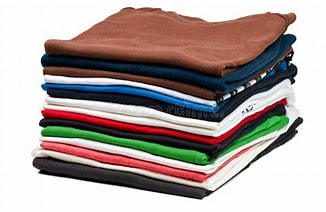Counting Heads
‘In those
days Caesar Augustus issued a decree that a census should be taken of the
entire Roman world.’
Words that I
am pretty certain you will have heard over the last week, maybe even more than
once!
(And despite the popular image Mary is most unlikely to have ridden on a donkey, but possibly a donkey cart, maybe one made by Joseph!)
Much scholarly debate still surrounds this ‘orderly’ account found in Luke’s Gospel.
For some,
who say there is no evidence of such a census, then question the veracity of
the birth narratives with some going further to denounce the whole Jesus story
as myth.
I will let you explore that for yourself as I want to reflect on the idea of a census, and its importance in the Scriptural narrative.
Taking a census is an interesting thread throughout the Old Testament. At times it appears to be in response to a command from God, but at other times, especially later, it represents a darker motive and brings retribution.
In addition
to the two military censuses in Numbers, a special numbering of the Levites was
also performed. Rather than carry out military duties, these men were priests
who served in the tabernacle. In Numbers 3:15 they were instructed to list
every male who was 1 month old or older. The tally came to 22,000. In Numbers
4:46–48 Moses and Aaron listed all of the men between the ages of 30 and 50 who
were eligible for service in the Tabernacle and transporting it, with the
number counted being 8,580.
Near the end
of his reign, King David commissioned his military
leaders to conduct a census of the tribes of Israel from Dan to Beersheba.
David's commander, Joab, was reluctant to fulfil the king's command knowing the
census violated God's command. This is recorded in 2 Samuel 24:1-2.
While it's
not explicit in Scripture, David's motivation for the census seemed to be
rooted in pride and self-reliance. Although David eventually repented of his sin, God insisted on a
punishment, letting David chose between seven years of famine, three months of
fleeing from enemies, or three days of severe plague. David chose the plague,
in which 70,000 men died. (For more on this check out this podcast from The
Bible Project - The Mountain E6: David, the Failed
Intercessor on Mount Zion)
There are
echoes here of Gideon’s army being reduced in size so that he couldn’t boast in
his strength. (See Judges 7 for the key part of this story)
We are about
to step into a new year, 2025. It is a good time to take stock. However, as we move on into the year, we do
well to heed these words of Scripture from Zechariah 4.6, ‘Then he said to
me, “This is the word of the LORD to Zerubbabel: Not by might, nor by power,
but by my Spirit, says the LORD of hosts.’
And may
Psalm 115.1 be our watchword in everything we do in 2025, everything!
‘Not to
us, O LORD, not to us, but to Your name be the glory, because of Your loving
devotion, because of Your faithfulness.’
2025
Let us follow Jesus into 2025 who asks us, will you come and follow me?
https://youtu.be/eAYM8pWCwWk?si=TqUuC1UzIL5prj9o






.jpg)


.jpg)













